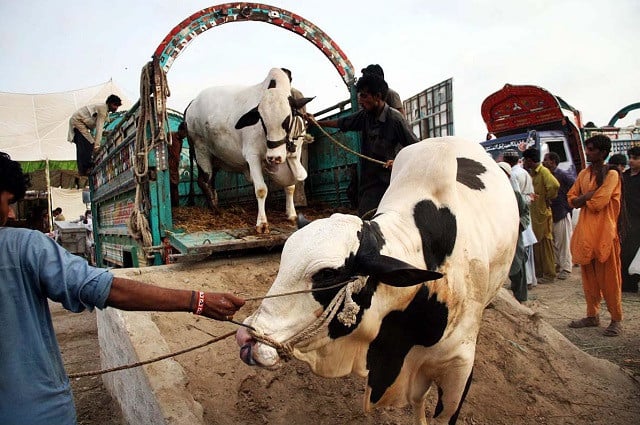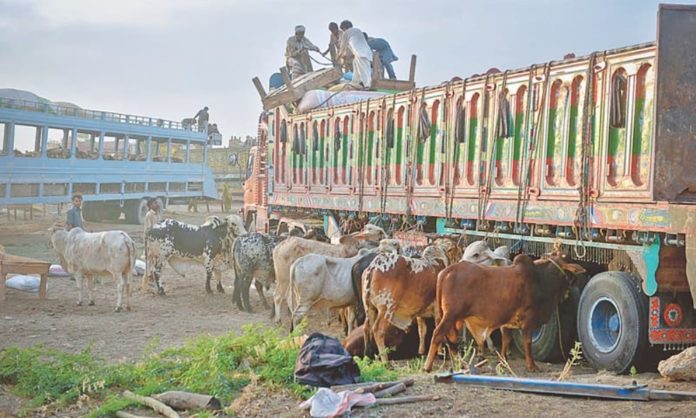Transporting sacrificial animals requires careful planning and attention to ensure their health and welfare. Proper transport methods are essential to prevent injury, minimize stress, and avoid exposure to pathogens. Here are some tips for safely transporting sacrificial animals:
Ensure Secure and Safe Enclosures
Primary enclosures must be secure and appropriate for the animal being transported. They should be designed to prevent tipping or falling, especially on uneven surfaces. Handle these enclosures in a way that minimizes physical trauma or distress to the animals. The materials used for these enclosures should be easy to sanitize or disinfect to prevent cross-contamination.

Minimize Environmental Stressors
Environmental stressors such as temperature extremes, strong odors, and excessive noise can significantly impact animal welfare during transport. Use temperature-controlled vehicles if possible, and ensure good ventilation. Reduce noise and odors by covering cages and avoiding crowded public areas. These measures help maintain a calm environment for the animals.
Follow Direct and Timely Routes
Whenever possible, follow the most direct route to the destination to minimize the time animals spend in transit. This reduces stress and the potential for injury. Additionally, plan your route to avoid high-traffic areas and other delays that can prolong transport time.
Use Proper Protective Equipment
When transporting animals, wear appropriate personal protective equipment (PPE) to minimize the risk of transmitting diseases. Proper donning of PPE helps protect both the handlers and the animals from potential pathogens. Specific transport instructions, including PPE requirements and methods for reducing stress, should be reviewed regularly.
Utilize Mobile Veterinary Dispensaries
Mobile veterinary dispensaries can provide essential services such as anti-tick sprays, antibiotics, and other necessary medicines during transport. These dispensaries ensure animals receive immediate medical attention if needed and help maintain their health throughout the journey.
Establish Checkpoints and Enforce Regulations
To prevent the spread of diseases, establish inter-provincial and inter-district checkpoints at least ten days before Eidul Azha. These checkpoints help isolate sick animals and provide preventive treatments such as anti-tick sprays. Enforcement of regulations like Section 144 can help ban illegal sale points and ensure animals are transported from designated and vetted locations.
Ensure Hygiene at Slaughterhouses and Butcher Shops
Slaughterhouses and butcher shops are high-risk areas for virus transmission. Implement thorough spraying and disinfection procedures at these sites. Raise awareness about the importance of maintaining hygiene to prevent the spread of diseases such as cronor virus.
Regular Review and Familiarization
Individuals responsible for transporting animals should regularly review and familiarize themselves with the procedures for animal transportation. Staying updated with the latest guidelines and best practices helps ensure the animals’ safety and well-being.

By following these tips, you can ensure the safe and humane transport of sacrificial animals, protecting their health and welfare while also complying with relevant regulations and standards.
Stay tuned to Brandsynario for latest news and updates









































